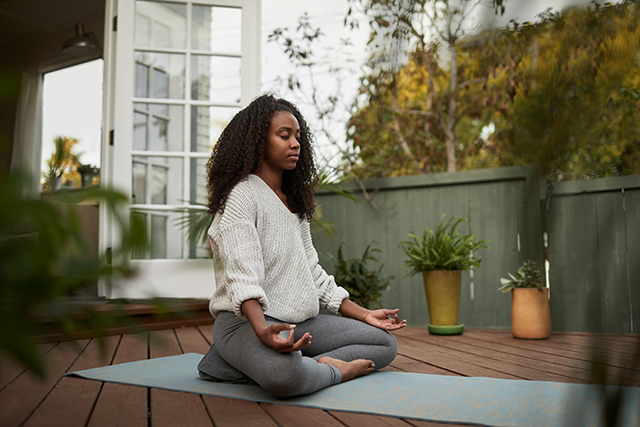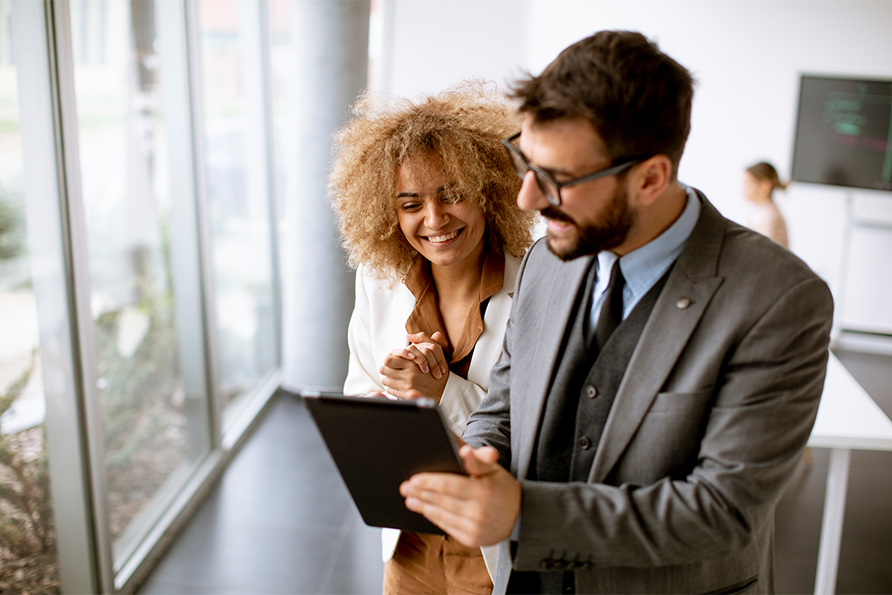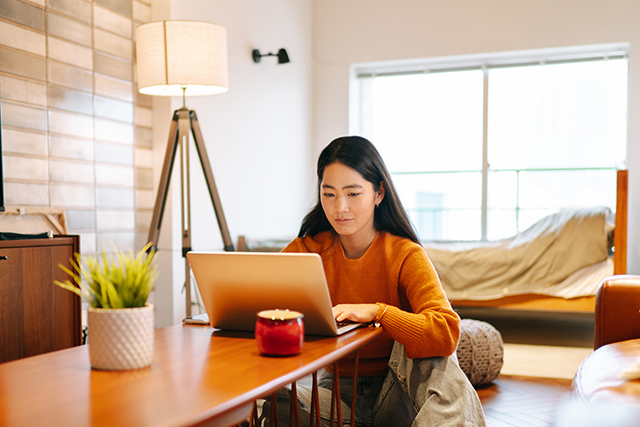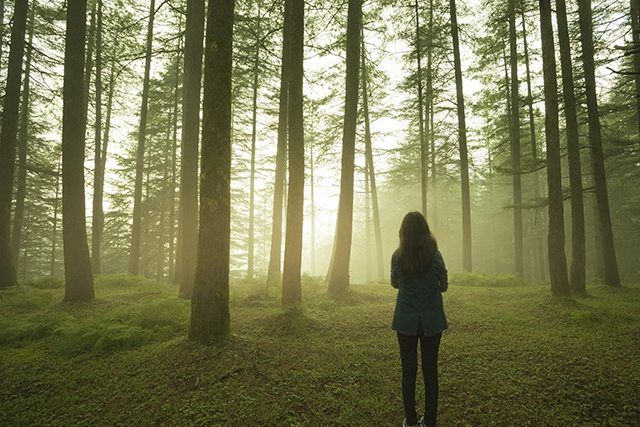We are in an unprecedented time filled with uncertainty, hardship, and, invariably, stress. There is so much to connect with and comment on, with constant and sometimes conflicting information bombarding your brain. I think a little me time is in order!
Enter Meditation. Meditation is a deceptively simple habit that can help you see the world in a completely different light. There are many varying methods and many benefits to be enjoy, but ultimately, how your meditation practice works is up to you.
The start of a journey
I began practicing meditation regularly in 2017, trying to control my focus and breath. I started this as a habit in the throes of audit busy season. I would work long hours nearly every single day and once I left the house, I would come back only to sleep, and maybe brush my teeth, if I was lucky!
I decided to download the Headspace app and give the guided meditations a try. At first, all I could notice was some lower back stiffness. After a week of frustration and struggling against my never-ending stream of thoughts, I started to see some progress.
The course taught me to not worry about any annoying inner chatter, as the goal of meditation is to recognize these thoughts for what they are worth, and then come back to your breath. Taking the advice and not getting discouraged, I began a streak in which I would sit and meditate for over 10 minutes at a time. For anyone who’s tried meditation, you know that’s harder than it sounds!
After 61 days in a row, I had a particularly busy day in which I left the house in a frenzy and did not meditate. That is when I went throughout my day and it was a bit different; it was like leaving the house without brushing your teeth, knowing you can function, but something just feels off. That’s how I felt, and it helped me better understand signs of improvement and the subtleties of my practice.
Taking the next step
Because of my progress, I became more passionate and engrossed with meditation. I learned of the myriad benefits of a meditation habit that span the domains of health, performance, and spirituality. I started the practice wanting simply to lower the stress associated with busy season, but found out that there was so much more to meditation. When you sit for a meditation session, you are inducing a state of relaxation by focusing on what is actually real in the present moment. This state of relaxation seems to sneak its way into daily life and helps train attention away from unnecessarily stressful situations. Imagine replacing a bout of anxiousness with awareness, attention, and higher focus of what is in front of you.
I also discovered ancient practices and retreats that were held around the world. The least dogmatic of these types of retreats was the practice of Vipassanna, which is translated as “seeing things as they are.”
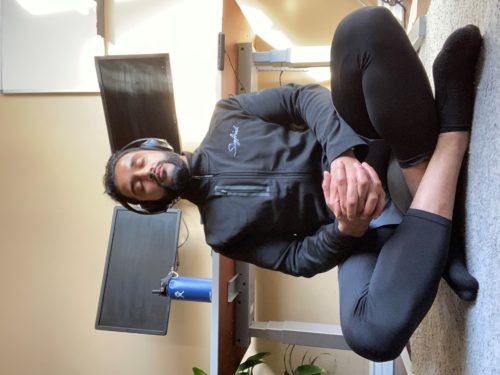
The Vipassana retreat
Vipassana is a style of meditation that has been gaining popularity and the style is based on the simple premise of quietly returning to your breath. By practicing breath control, you can create a small space in your behavior between stimulus and reaction. If you quickly notice a ball being thrown at your face, you would unconsciously try to block it before you even decide to do so. The problem is that we treat everyday sources of stress (traffic, bills, what to wear today) with the same resources reserved for existential threat. This causes us to become very reactive and even anxious for threats that may not come to fruition.
As my meditation practice progressed, I couldn’t let go of the idea of a meditation retreat, so I signed up for a 10 day Vipassana and traveled to a rural town in Texas to participate. After giving up all electronic devices and taking a vow of silence, we meditated for 8-12 hours a day in one hour increments with breaks. This gave me a new perspective on myself and the lenses I see the world through.
Giving up my phone the first day, I was worried about not being in constant communication with significant and insignificant relationships. I realized how much information the human brain takes in on a moment to moment basis and how quickly we get diverted from what we set out to do. After two days with no phone, I stopped caring about unchecked email and had accepted my new life.
For the first time in about a decade I was able to think freely about what was most important to me in my life. I began to realize that small inputs to your psyche come from everywhere and they all influence your mind. I made it a goal to simplify and minimize this arena and it inspired me to clean out my apartment of all the things I did not need or bring me joy.
A retreat like this requires true commitment, but starting your own meditation practice doesn’t have to be so daunting. My personal record time for a single session was 45 minutes until I arrived at retreat and on the first day sat for over eight hours. I have not sat for more than an hour since the retreat and I tend to set a timer for either 10 or 20 minutes depending on how organized I am for the day. Frequency of practice is more important than the duration. Even one minute a day for 60 days in a row is monumental to forming a habitual practice. The best place to start is to download an app like Headspace or Calm and start a beginner’s program.
The year Two Thousand and Twenty
This past year was difficult for almost everybody I know. With social interaction being limited, if not eliminated, I found myself alone in my apartment, with nothing but my thoughts for company. The power of my mindfulness practice made what could have been crazymaking situations into opportunities for introspection and stillness. I look back and can only conclude that the practice of meditation has better prepared me for a quarantine and to be more comfortable in my own skin. This seems like resilience.
How to start your own journey
My journey has led me to read extensively on the topic and I would strongly recommend the book The Untethered Soul: The Journey Beyond Yourself, by Michael A. Singer. I read a few books before reading this and I wish I had started my path with this book. Other books include 10% Happier by Dan Harris and The Power of Now by Eckhart Tolle. Reading and learning about this practice is great but there is no replacement for the simple action of doing nothing.
Meditation has shown tremendous benefits throughout human history. It’s benefits may even be at their most stark in today’s digital age, and to start, all you need to do is sit quietly and listen to your breath before building a radiating calm.






